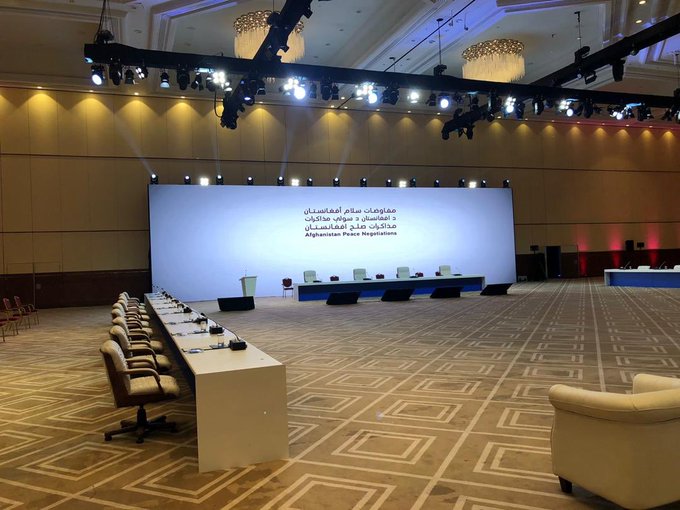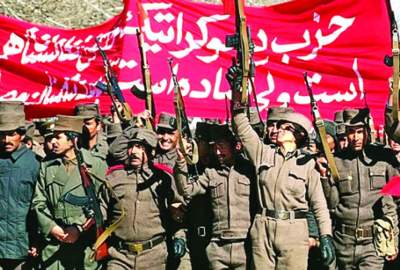The U.S.-Taliban agreement signed in Doha, Qatar on 29 February specified that peace talks among the Afghan parties to the conflict would begin on 10 March. After months of delay, these intra-Afghan talks are finally set to commence, also in Doha, on 12 September.
Publish dateFriday 11 September 2020 - 19:04
Story Code : 218610
A number of factors contributed to the postponement, some arising immediately after the U.S.-Taliban agreement was signed. The Afghan government showed reluctance to implement a provision calling for the release of 5,000 Taliban prisoners, for fear of losing domestic standing as well as its negotiating leverage, while the Taliban re-escalated violence across the country in hopes of maintaining theirs. For nearly two months, political gridlock in Kabul complicated efforts to put together a pro-government negotiating team. To clear these hurdles, the U.S. government pressured both sides through constant shuttle diplomacy, sporadic airstrikes on Taliban attacking Afghan government forces and, at one point, threats of drastically decreased funding for Kabul.
The Taliban insist on a narrow interpretation of their agreement with the U.S.
Despite their mutual resistance to being rushed, both sides moved under U.S. pressure, notably by agreeing to three-day ceasefires during Eid holidays in May and July and by achieving progress on prisoner releases. As a former Afghan official privy to peace developments noted, for most of the last six months the U.S. seemed to be the only party showing any urgent desire for the talks to begin.
More broadly, the delays reflected the two protagonists’ differing approaches. The Taliban insist on a narrow interpretation of their agreement with the U.S. as well as on strict implementation of the deal’s conditions, as they understand them. For example, the group repeatedly said intra-Afghan talks could not begin until the government had released the particular 5,000 prisoners (of approximately 15,000) it had named, not just any 5,000. For its part, the Afghan government has displayed an inclination to resist aspects of the U.S. approach with which it disagrees – though it subsequently has been obliged to gradually reverse many of its public stances in the face of increasing pressure from Washington. For instance, the Afghan government openly objected to the terms of the prisoner exchange in the U.S.-Taliban agreement the day after it was signed, yet then released batches of several hundred imprisoned Taliban members from one week to the next
Source : Afghan Voce Agency(AVA)
avapress.com/vdchz6niv23nz-d.01t2.html
Top hits







